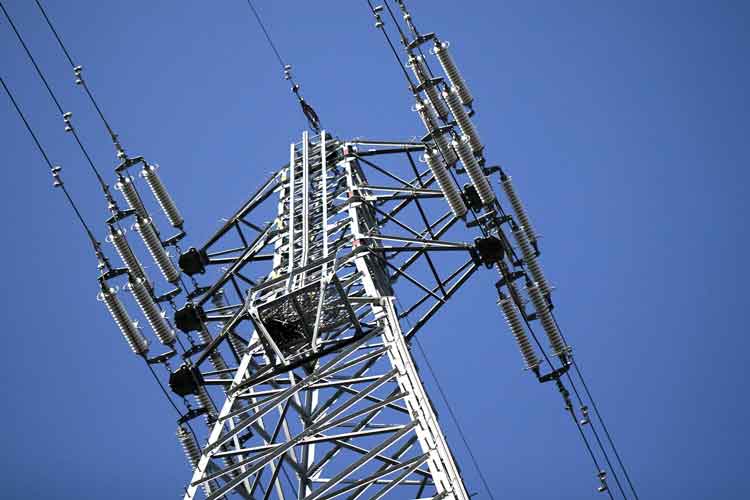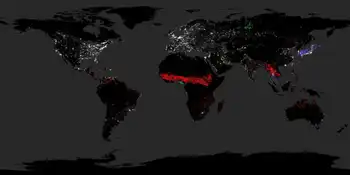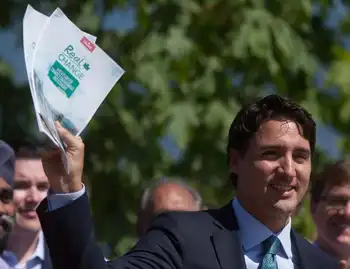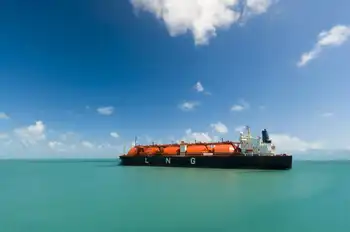No more Korean nuclear tests: report
SEOUL, SOUTH KOREA - North Korean leader Kim Jong Il said Pyongyang didn't plan to carry out any more nuclear tests and expressed regret about the country's first-ever atomic detonation, South Korean news reports said recently.
Kim told Chinese State Councilor Tang Jiaxuan that "we have no plans for additional nuclear tests," Yonhap news agency reported, citing an unnamed diplomatic source in Beijing.
Kim also told the Chinese that "he is sorry about the nuclear test," the mass-circulation Chosun Ilbo daily reported, citing a diplomatic source in China. The North Korean also raised the possibility the country would return to arms talks.
"If the U.S. makes a concession to some degree, we will also make a concession to some degree, whether it be bilateral talks or six-party talks," Kim was quoted as telling a Chinese envoy, the newspaper reported.
The delegation led by Tang met Kim recently and returned to Beijing later that day.
Meanwhile, tens of thousands of citizens and soldiers rallied Friday in the North Korean capital to cheer the nuclear test — the first known celebration directly tied to the explosion, according to North Korea's official Korean Central News Agency.
KCNA reported that more than 100,000 people gathered in Pyongyang's central Kim Il Sung square to "hail the success of the historic nuclear test.''
China, which wields veto power in the U.N. Security Council, is viewed as a key nation in efforts to persuade the North to disarm, as it is the isolated communist nation's main trading partner.
Meeting with Secretary of State Condoleezza Rice in Beijing on Friday, Tang said that his trip had "not been in vain." Chinese officials also expressed hope that the North would return to arms talks that it has boycotted since last year in anger over U.S. financial restrictions.
North Korea has long insisted that the U.S. desist from a campaign to sever its ties to the international financial system. Washington accuses Pyongyang of complicity in counterfeiting and money laundering to sell weapons of mass destruction.
The North has refused since last November to return to the nuclear talks, which include the U.S., China, Japan, Russia and South Korea. Pyongyang has sought bolster its negotiating position by a series of provocative actions, test-firing a barrage of missiles in July and performing its nuclear test Oct. 9.
Related News

Ford's Washington Meeting: Energy Tariffs and Trade Tensions with U.S
WASHINGTON DC - Ontario Premier Doug Ford's recent high-stakes diplomatic trip to Washington, D.C., underscores the delicate trade tensions between Canada and the United States, particularly concerning energy exports. Ford's potential use of tariffs or even halting U.S. energy supplies remains a powerful leverage tool, one that could either de-escalate or intensify the ongoing trade conflict between the two neighboring nations.
The meeting in Washington follows a turbulent series of events that began with Ontario's imposition of a 25% surcharge on energy exports to the U.S. This move came in retaliation to what Ontario perceived as unfair treatment in trade…




